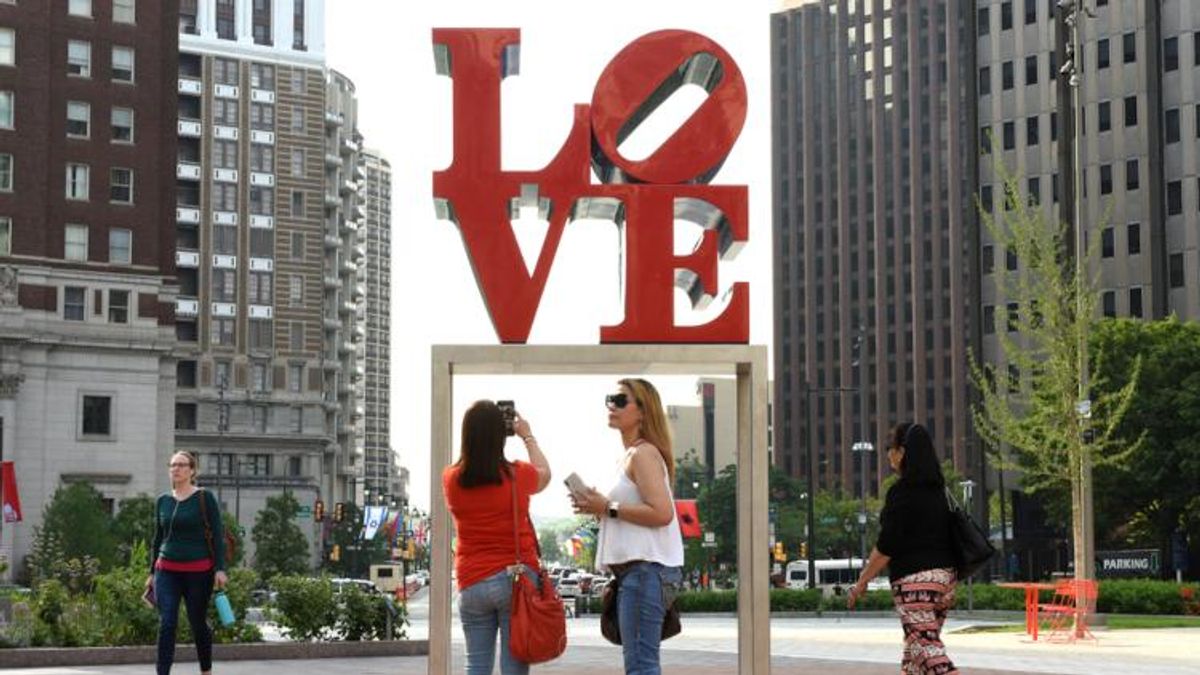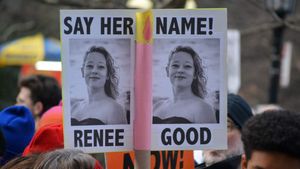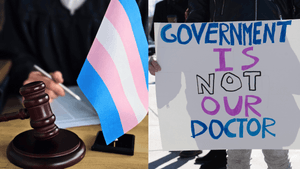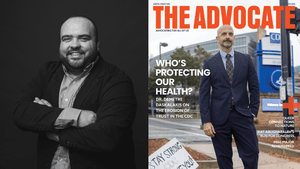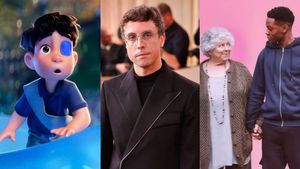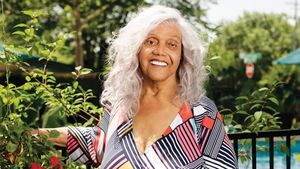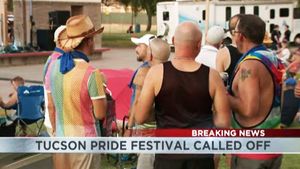I began a project in 2005 to memorialize the lives of the over 8,000 gay and bisexual men who died of AIDS in Philadelphia between the early 1980s, when data was first available, and up until now. I was struck that Philadelphia had lost thousands of gay men to the AIDS epidemic, but no one had bothered to remember their stories. Philadelphians we lost to AIDS include world-renowned individuals, such as activist Kiyoshi Kuromiya, haute couture designer Willi Smith, and supermodel Gia Carangi. But also included are everyday citizens — schoolteachers, shop owners and family members of all generations — who came from each one of our Philadelphia neighborhoods.
Having studied the Holocaust, I was impressed by the efforts of Jewish community historians to preserve and honor Jews who were murdered during the Shoah. They ensured not a single Jew would be forgotten. Their efforts to create catalogues listing the names of all who were lost throughout each city in Europe during the Nazi’s 6 million murdered genocide, was a template for my inspiration for a memorial to those we lost to AIDS.
As a 55-year-old gay man, I am now all too familiar with the pain of living through two epidemics. They have ravaged communities I care deeply about — LGBTQ, Black, Indigenous, people of color and the poor, who are always hardest hit and most ignored. As an American, I’m also familiar. We are a country who loves to build monuments and memorials to our war dead; yet turn our backs on the collective trauma and loss we suffer at the hands of epidemics. We quickly brush them under the rug, moving full steam ahead, even though those epidemics, too, have equal, multigenerational impacts on our society.
I am so proud to announce in May and June of this year we are launching Remembrance — an alternative memorial to Philadelphians and the HIV/AIDS crisis made possible through funding by The Pew Center for Arts & Heritage. While many HIV/AIDS memorials across the country are largely physical in structure, Remembrance is a memorial experience with civic and theatrical performances, oral histories, designed in partnership with local artists, activists, and community leaders.
In May, three-time Obie award-winning writer and director Ain Gordon will stage the world premiere of a new play titled, These Don’t Easily Scatter. Gordon’s play is inspired by Remembrance’s oral history project undertaken to chronicle the stories of Philadelphia-area community members who have passed unnoticed, with or without the love and support of families throughout the HIV/AIDS crisis. And on June 25, 2022, in a stunning and profound “going home” ceremony titled Gone and Forever, a community procession and ceremony will take place through the streets of Philadelphia to the Church of St. Luke and the Epiphany, devoted to Philadelphians who died of AIDS.
Remembrance is inspired by a meeting I had with a South Philadelphia funeral home director, Ron Piselli. As a master of his craft, Ron wanted to make sure that every person who came through his funeral chapel received the dignified funeral he believed they deserved. Even during the early days of the epidemic when most funeral homes were terrified that they might be exposed to HIV, they regularly turned away people with AIDS. Ron on the contrary welcomed people with AIDS in their dying weeks and made sure that they received supportive and affordable funerals.
In a December 16, 1985, Philadelphia Daily News article, less than four years after the first AIDS case in the United States was reported, Piselli was featured publicly with a half-page photo standing up for what he believed, that “no one should be turned away.” In introducing Ron, the article starts, “One undertaker who will handle AIDS cases is Ronald Piselli of Piselli Funeral Home on Ellsworth Street in South Philadelphia.” ONE. As word spread, families from around the region came to Ron to ensure their loved ones were remembered and honored.
Remembrance builds on Ron’s resilience to provide a keen perspective on life which treasures the memories of those lost, prioritizes kindness, and seeks to renew even in the face of public scorn and danger of personal harm. This spring, Remembrance will apply those same principles to remembering the Philadelphians whose lives were lost to the AIDS epidemic by sharing lessons we’ve learned from powerful community listening sessions, the creation of Ain Gordon’s new play, and the deeply moving community procession led by local Philadelphia artist Alex Stadler.
It’s our collective responsibility to remember the beautiful memories of our LGBTQ family members, and to force others to look when they’d rather forget. Because if we refuse to stop for a moment to give epidemics, like HIV/AIDS and in the future COVID-19, the solemnity and reverence they too deserve, we will be forced to re-learn these current lessons once again.
Chris Bartlett is the executive director of the William Way LGBT Community Center, the premier LGBT center in Philadelphia and throughout the Delaware Valley region. For more information, visit: https://www.waygay.org/.
To learn more about Remembrance, visit: https://www.waygay.org/remembrance.
